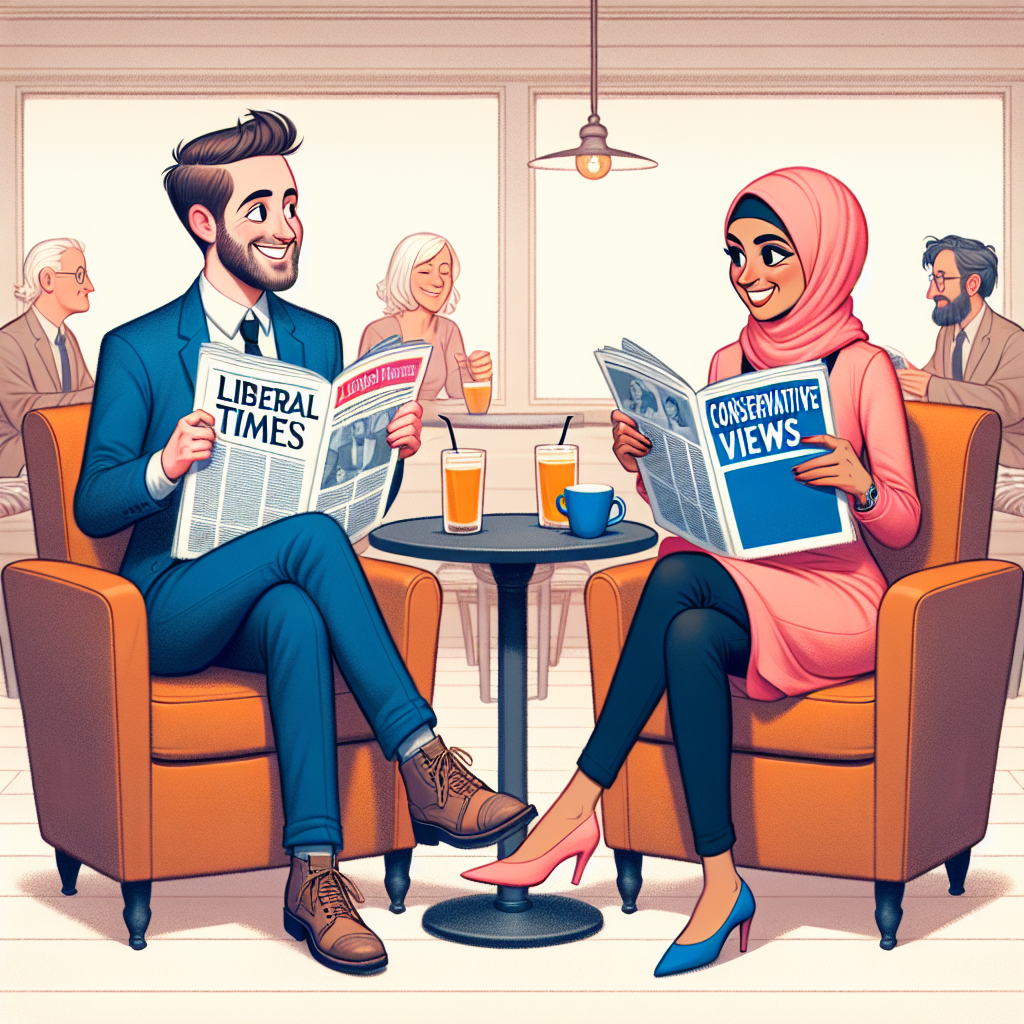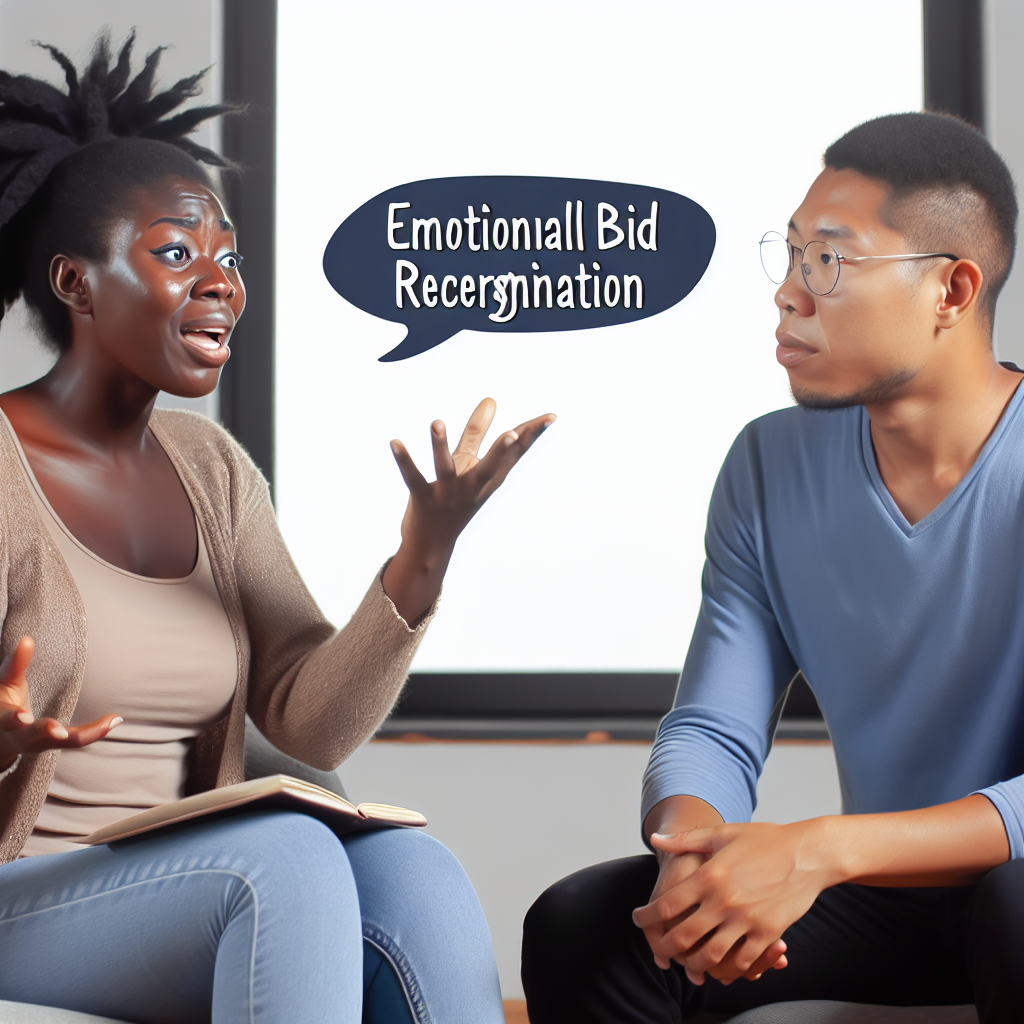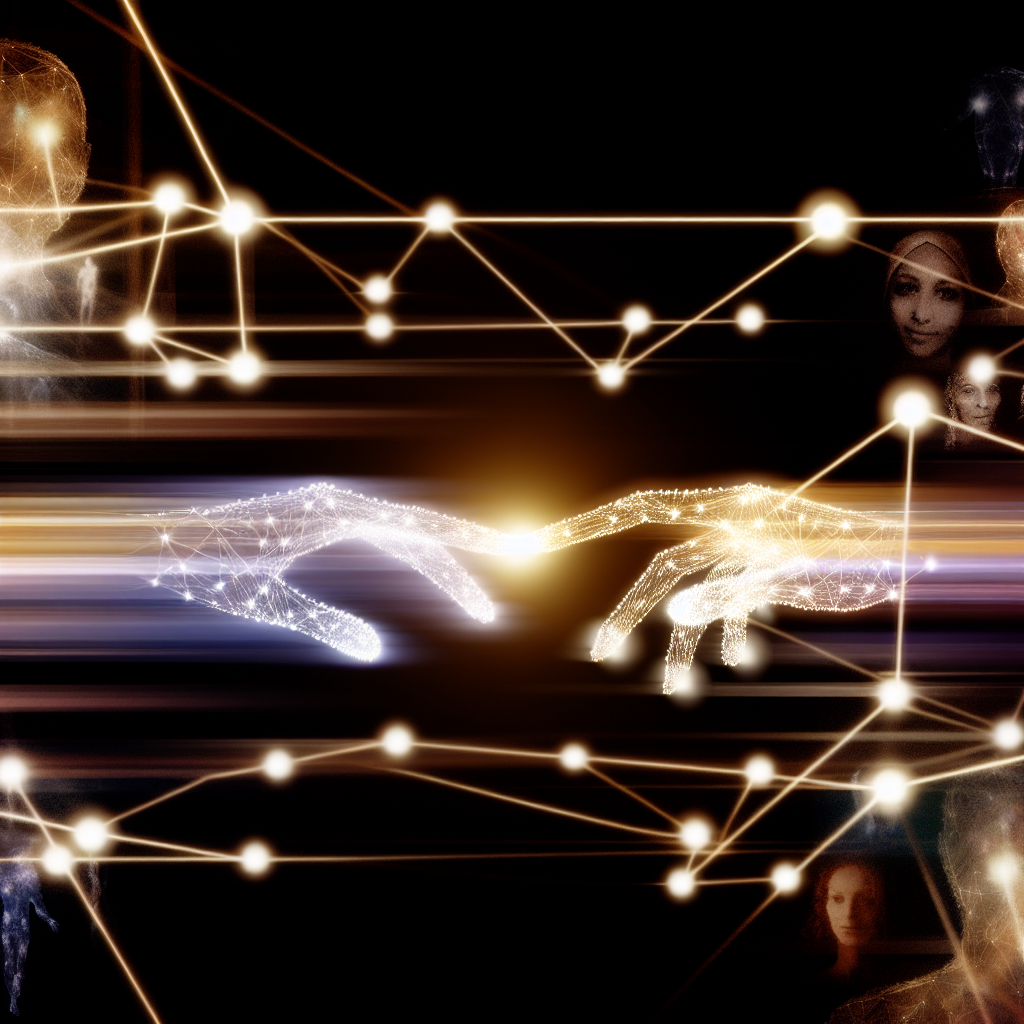Dating Someone With Different Political Views: Navigating Love Across Boundaries
By: Blog Contributor | Date: October 2023
Introduction: Can Love Overcome Political Differences?
Dating is an adventure — one filled with discovering shared interests, personal passions, and even a sprinkle of spirited disagreement. But what happens when one of those disagreements is rooted in something as polarizing as politics? In today’s world, political ideologies can feel like definitive statements of personal identity. They often reflect core values, beliefs, and visions of the world we want to see. Whether you’re an 18-year-old exploring your first romance or an experienced dater in your 70s, navigating a politically mismatched relationship isn’t uncharted territory, but it’s a delicate and deeply personal challenge.
The rise of social media and 24-hour news cycles has magnified political differences. According to a Pew Research Center study, political polarization in the United States has reached historic highs. For singles, this reality leaks into their dating lives, with a 2020 Pew study revealing that 71% of Americans said they would find it very or somewhat difficult to date someone who voted differently from them in a presidential election. But does political variance mean a relationship is doomed? Certainly not.
It may surprise many to know that individuals with opposing views can still have thriving relationships. The key lies in fostering mutual respect, practicing empathetic listening, and finding overarching shared values that transcend party affiliations. Political discussions are unavoidable in such relationships, but they don’t have to overshadow the possibility of a meaningful connection.
In this blog, we dive into the complexities of dating someone with different political views. Whether you actively avoid political discussions or enjoy a healthy debate over morning coffee, this article offers insights on respecting differences while building bridges. Let’s explore what science, psychology, and real-world experiences reveal about this unique relationship dynamic.
The Psychology of Political Differences in Relationships
Relationships thrive on compatibility, but that doesn’t necessarily mean agreeing on everything. Studies suggest that what often matters more than shared political beliefs is how individuals handle those differences.
The American Psychological Association (APA) highlights that political affiliations are often shaped by factors such as upbringing, education, and community influences. Because these experiences differ wildly from person to person, romantic partners may find that their political views are not aligned. Still, clinical psychologists stress that relationships are built on personality traits like kindness, emotional resilience, and conflict-resolution skills, which may outweigh political discord.
A study published in the journal Political Psychology examined how mixed-political ideology couples navigate challenges. The research found that successful couples often rely on three key strategies: open communication, agree-to-disagree boundaries, and prioritizing shared values above political divergences. The study concluded that while political differences can create friction, they are not a relationship death sentence—emotional intelligence is often the game-changer.
Interestingly, a 2017 report from the dating site OKCupid revealed that while political alignment was important for many singles, it wasn’t the most significant factor in determining compatibility. The report found that people with opposing views could still form strong bonds if they aligned on major topics like lifestyle choices, family goals, and cultural interests.
Why Opposites Sometimes Attract: Insights from Evolutionary Psychology
From an evolutionary standpoint, differences in political views can actually add balance to a relationship. Dr. Helen Fisher, a biological anthropologist and chief scientific advisor for Match.com, explains that people are naturally drawn to partners who challenge their perspectives. These differences can foster intellectual growth and emotional balance. Dr. Fisher notes that mutual respect and curiosity are essential for keeping the relationship productive, even when disagreements arise.
Additionally, professional counseling organizations, such as the Gottman Institute, encourage couples to frame political differences as opportunities for deeper emotional connection. Actively seeking to understand a partner’s motivations and reasoning can demonstrate empathy, even if agreement isn’t achieved. This strategy helps prevent defensiveness and builds a foundation of respect and understanding for the relationship.
Age and Political Differences: A Matter of Perspective
Interestingly, age may influence how daters approach political disparities. Younger couples often report experiencing more difficulty navigating these differences, as they are still forming their identities and values. Older couples, by contrast, may find it easier to compartmentalize politics, viewing them as one aspect of a multifaceted relationship.
Psychologists suggest taking a “big picture” perspective—focusing on shared long-term goals rather than letting political debates take center stage. When couples can agree on topics like building a future together or achieving mutual goals, political disagreements become less central to their overall connection.
Conclusion: Love Beyond Party Lines
Dating someone with different political views can feel like walking a tightrope, but it’s by no means impossible. Relationships that successfully navigate this challenge often thrive because they prioritize kindness, respect, and shared values above political allegiance. Open communication and a willingness to listen are critical tools that allow couples to build understanding and mutual appreciation. Ultimately, love isn’t about finding someone identical to you—it’s about discovering the beauty in your differences and learning how to grow together.
Summary:
This article explores the complexities of dating someone with different political views. It discusses strategies for navigating these differences, such as fostering mutual respect, practicing empathetic listening, and focusing on shared values. The article also examines the psychological and evolutionary factors that can influence how couples approach political disparities, highlighting the importance of emotional intelligence and a “big picture” perspective. Ultimately, the article encourages readers to see political differences as an opportunity for deeper connection and personal growth, rather than a relationship dealbreaker.

Dominic E. is a passionate filmmaker navigating the exciting intersection of art and science. By day, he delves into the complexities of the human body as a full-time medical writer, meticulously translating intricate medical concepts into accessible and engaging narratives. By night, he explores the boundless realm of cinematic storytelling, crafting narratives that evoke emotion and challenge perspectives. Film Student and Full-time Medical Writer for ContentVendor.com




